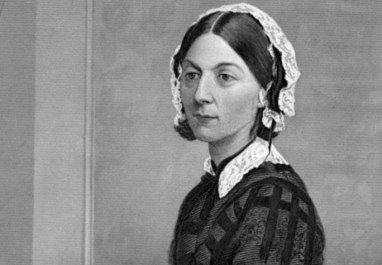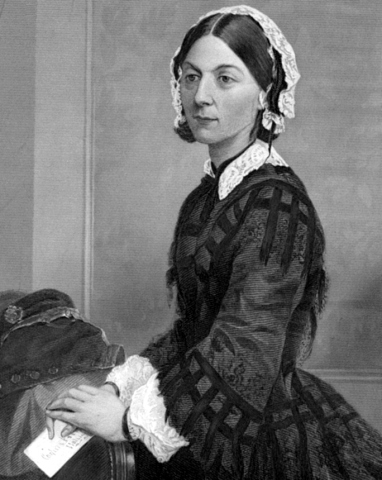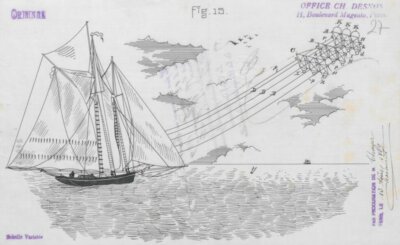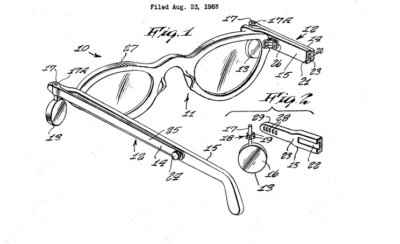This month, Brandon Valorisation looks back on the life of Florence Nightingale, the talented nurse who brought so much to her profession. Florence Nightingale is so famous in her field that International Nurses Day is celebrated on May 12, to mark the anniversary of her birth.
Birth in Italy and calling
Florence Nightingale isborn on May 12, 1820 in Florence, Italy, the city after which she was named. She was the daughter of a wealthy British couple, formed by William Edward Shore (heir to the Nightingale family) and Fanny Smith. After the marriage, the couple traveled through Europe for 2 years before returning to England with their two children.
Florence received a good education from her parents. She already knew French at the age of 9 and at 11 her father teached her Latin, Greek, German, Italian, philosophy and history.
While growing up, she became attentive to the living conditions of the poor and also their health, perhaps carried away by the religious orientation of her family, Unitarianism. Her parents organized and financed medical care around their estate and, in 1837, she worked for 1 month upon patients suffering from the flu during an epidemic. She then had a revelation and wrote in her diary “God spoke to me and called me to His Service”.
Despite the reluctance of her parents, Florence developed an interest in mathematics in 1839 thanks to one of her cousins, and she became a pupil of the mathematician James Joseph Sylvester. But the young woman seemed to find her life mundane until 1844. That year, she met with the American doctor Samuel Gridley Howe, founder of the first schools for the blind in the United States. When she asked him if it would be inappropriate for a woman of high society to become a nurse, he advised her to follow her path.
A life to the service of others
She quickly became an activist for the improvement of medical care in health facilities and, at the age of 25, she declared to her parents her desire to become a nurse. At that time, patient care in hospitals was practiced by poor and uneducated women, that’s why her parents refused to let her follow this path. Eventually it was decided that she would travel to Europe with family friends. During this trip she met Theodor Fliedner, in Kaiserswerth, Germany. Fliedner was the leader of a school for nurses run by an order of deaconesses. Florence ended up obtaining permission from her parents to follow a 3-month training course within the establishment, before returning to England and writing her first book “The Institution of Kaiserswerth on the Rhine, for the Practical Training of Deaconesses”. Some time later, she completed her training in Paris before accepting the position of superintendent at the Institute for the Care of Sick Gentlewomen. There, she acquired a good reputation. In parallel, she compiled the statistics which proved that the mortality rate in hospitals was higher than that of the persons ill at home (contraction of diseases, etc.). She then realized that improving the cleanliness of health centres could improve patient safety.
In 1854 the Crimean War began, and diseases and epidemics caused more deaths on the English army than the fighting. Deficiencies in the care provided to soldiers were pointed out by the press and in response, Florence Nightingale traveled with 38 other nurses to Turkey. Once they get there, they cleaned the hospital and reorganized care in order to improve hygiene conditions. If this did not have an immediate effect, the death rate ended up decreasing anyway. Florence also earned the esteem of the soldiers by writing letters from them to families, organizing reading rooms, etc.
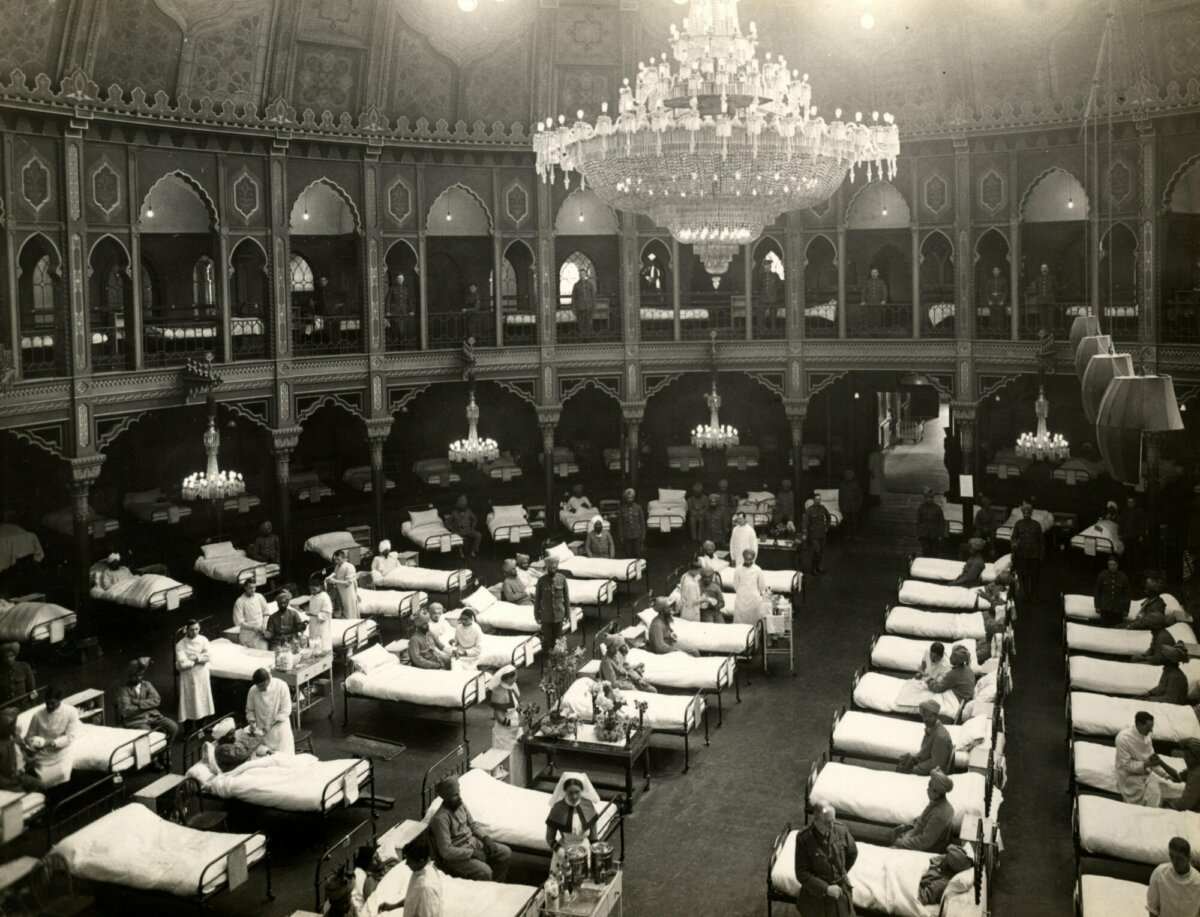
The gratitude
When she returned from Crimea in 1856, Florence Nightingale received a letter from Queen Victoria expressing her admiration and inviting her. She was then received by the Queen as a heroine. According to the BBC, she was the most famous woman in the kingdom after the Queen herself. Then, Florence participated in the Royal Commission investigating health in the British Army, and wrote a report of more than 1,000 pages on her observations in Turkey, with detailed statistical data. For her contribution, in 1860 she became the first woman to be elected at the “Statistical Society”.
In 1860, she finally realized her dream thanks to many donations made to the Nightingale Fund and created the Nightingale Training School for Nurses, an establishment for the training of health professionals whose one-year course offered both lectures and practical exercices. The trained nurses had then spread their knowledge in all the hospitals of Great Britain and open new schools abroad.
Thanks to her fame, Florence Nightingale had also the opportunity to help the American government in the organization of medical care during the Civil War. Later, she founded, in 1869, the Women’s Medical College with Elisabeth Blackwell.
She later received many rewards: in 1883, the Royal Red Cross was awarded to her by Queen Victoria herself, in 1907 she was the first woman to be decorated with the Order of Merit and in 1908 she received the Honorary Freedom of the City of London.
She died on August 13, 1910 in London, having left her mark on the profession.

